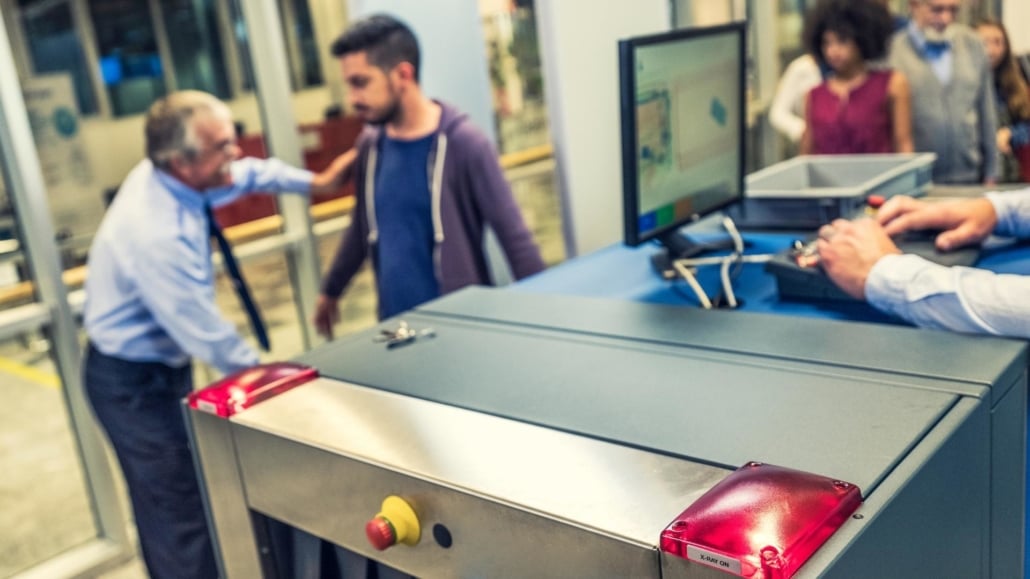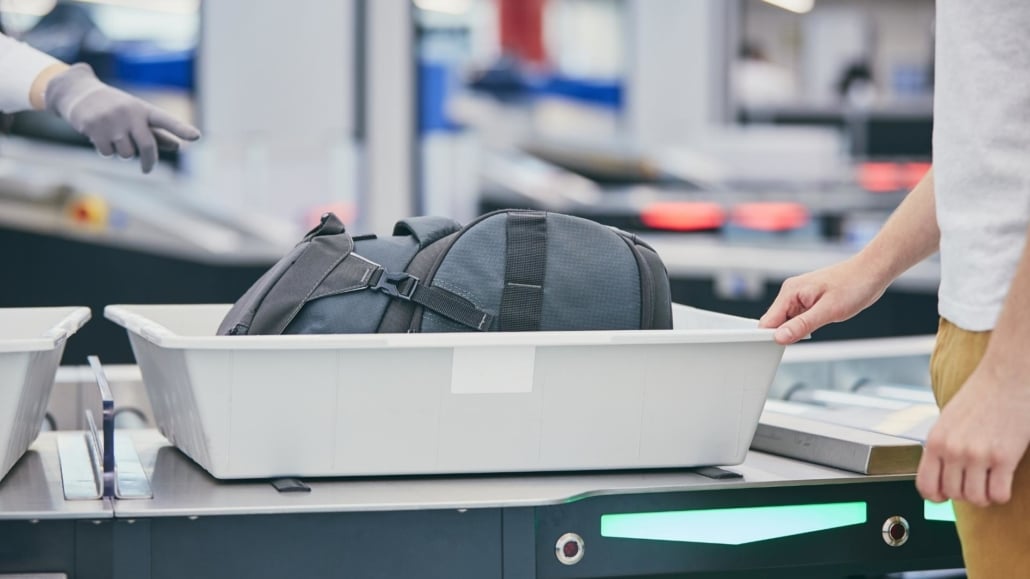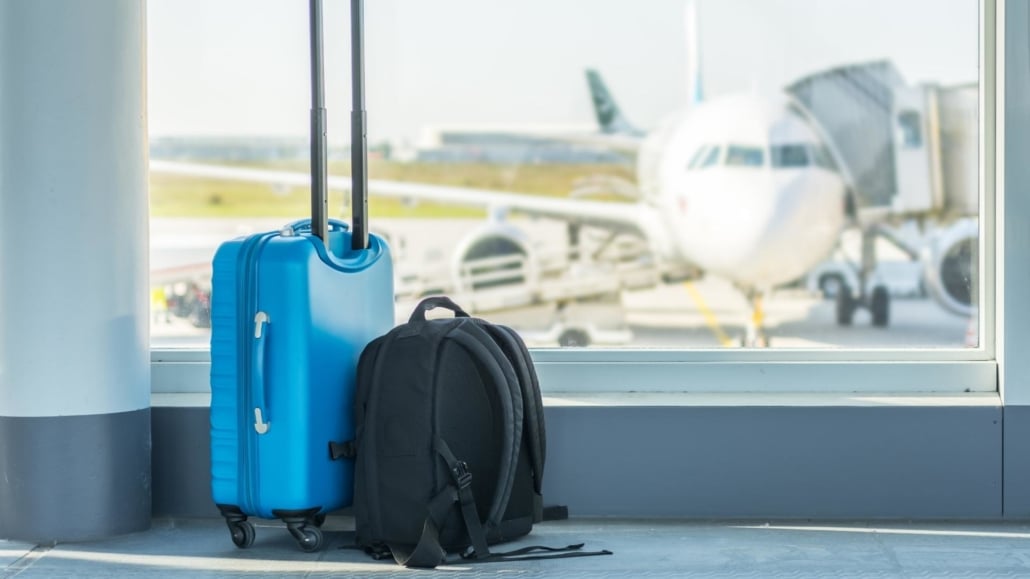How to Get a Michigan Weed/Marijuana Dispensary License
Medical marijuana has been legal in the state of Michigan since back in 2008. Michigan completely changed the landscape for weed possession and consumption in 2018, though, when it became the 10th state in the U.S. to legalize it for recreational use.
Despite having 14 years of experience dealing with some form of legal marijuana, many of the rules and regulations regarding setting up weed dispensaries are still in the works. It’s an evolving process that is being completely managed by the state’s MRA, or Marijuana Regulatory Agency.
If you’re interested in obtaining a license to operate a weed dispensary in Michigan, read on below to find all important information for how you can do so.
What Do I Need to Start a Dispensary in Michigan?
The first step in starting a dispensary in Michigan is getting prequalified. To do that, though, you have to decide what type of dispensary you want to open, since there are different laws and licenses that cover each type.
You can either open a provisioning center, which is a medical marijuana dispensary, or a recreational dispensary. Once you’ve made that decision, you can proceed with the prequalification process.
That process begins with an application submitted to the state’s Department of Licensing and Regulatory Affairs. The process includes LARA conducting background checks on not only the primary applicant but also all supplemental applicants. The prequalification process also comes with a fee of $6,000, which must be paid before the MRA will even begin its work.
If the applicants have been approved through prequalification, they will be allowed to search for a facility for their dispensary. The applicants must fully secure the facility and have it ready for operation before they can proceed to the second step of the application, which is applying for a full license.
At this point in the process, the MRA will conduct a full inspection of the facility, as well as look into information about the municipality, employees and financial statements.
If the applicant passes these inspections and meets all the requirements under the state’s Regulation and Taxation of Marijuana Act, they will be approved for a license. They must then pay the initial application fee, which will vary depending on the type of license they applied for. After the fee is paid, they’ll receive the license and be given the ability to operate.
How Long Does It Take to Open a Dispensary in Michigan?
The application process itself is quite long. You should expect to spend around six months getting through the prequalification period. The more complicated that a business is — and the more partners it has — the longer it may take to vet all the owners, for instance.
After prequalification is approved, it could take more than a year before you can even apply for a final license. That’s because you’ll need to find an existing facility or a prospective facility and build it out according to specifications, obtain the required municipal permits and approvals, recruit and hire employees, and go through the inspection process before you even get your final license.
In all, it’s reasonable to expect the entire process to take 12 to 24 months from the time you start the prequalification process to the time you receive your final license to operate.
How Do You Get a Micro Grow License in Michigan?
Michigan provides the opportunity for businesses to apply for what’s called a microbusiness license. This allows a company or person to grow as much as 150 cannabis plants, process them into products such as edibles and concentrates, package those products and then sell them to legal adults 21 years of age or older.
This is an option for people or companies who are interested in the cultivation and processing of marijuana into usable products that can then be sold directly to consumers. It’s can be a rewarding business model, as it’s fully integrated from top-down.
Michigan law states that those who have a microbusiness license aren’t allowed to transfer or sell their products to other establishments. In other words, these microbusinesses have to sell their products directly to buyers.
To obtain a micro grow license in Michigan, you have to go through a similar prequalification application, followed by a license application for your facility. The application fee is $6,000, while the initial license fee is $8,000, with an annual renewal fee ranging from $6,000 to $10,000 based on the company’s gross retail sales.
Federal Law Regarding Weed Dispensary Licenses
Federal law has long declared that the sale, distribution or use of marijuana is illegal. The Controlled Substances Act, or CSA, codifies all current federal laws regarding drugs, which marijuana is considered.
Marijuana is listed as a Schedule I controlled substance, lumping it into the category of other drugs with a high potential for being abused, that lack medical value and that can’t be prescribed by a doctor safely. As such, anyone who is caught marketing, distributing or growing marijuana is considered to be in violation of federal law.
Obviously, this federal law conflicts with many state laws, including those in Michigan. Because of this, though, it’s unlikely that any federal law enforcement agency will enforce those federal laws as long as the people in question don’t operate outside of a state where they are legally licensed to operate, as we’ll see in the next section. However, even if you are approved by the State, you can still be held criminally liable by the federal government if they wish to pursue you.
State Law Regarding Weed Dispensary Licenses
Michigan is one of the state’s whose laws are in direct contrast to federal law. In Michigan, both medical marijuana and recreational marijuana are legal for certain people over the age of 21. In addition, it’s legal for people to apply for an obtain licenses to grow, process and sell marijuana for both medical and recreational purposes.
One often overlooked aspect of the state-federal conflict in laws here is that Michigan’s laws apply in all cases — as long as the activities occur only within the state. Once a marijuana-related activity happens outside of Michigan, it gives reason to the federal government to investigate and prosecute you.threatens to violate federal law.
For instance, a licensed microbusiness is allowed to cultivate, process and sell their products all within the state of Michigan. It is not, however, allowed to take their products across state lines and sell it in Ohio. Even possessing marijuana while one is crossing outside of Michigan’s state lines could be considered a federal crime.
Municipal Law Regarding Weed Dispensary Licenses
Weed dispensaries in Michigan are not allowed to operate within areas that are zoned as exclusively residential. They also aren’t allowed to be located within 1,000 feet of a K-12 school.
State law also gives individual municipalities additional powers to further reduce that distance requirement or impose more location requirements based on what they wish.
Municipalities are even allowed to completely ban weed dispensaries within their borders, which some municipalities in Michigan have already chosen to do.
































